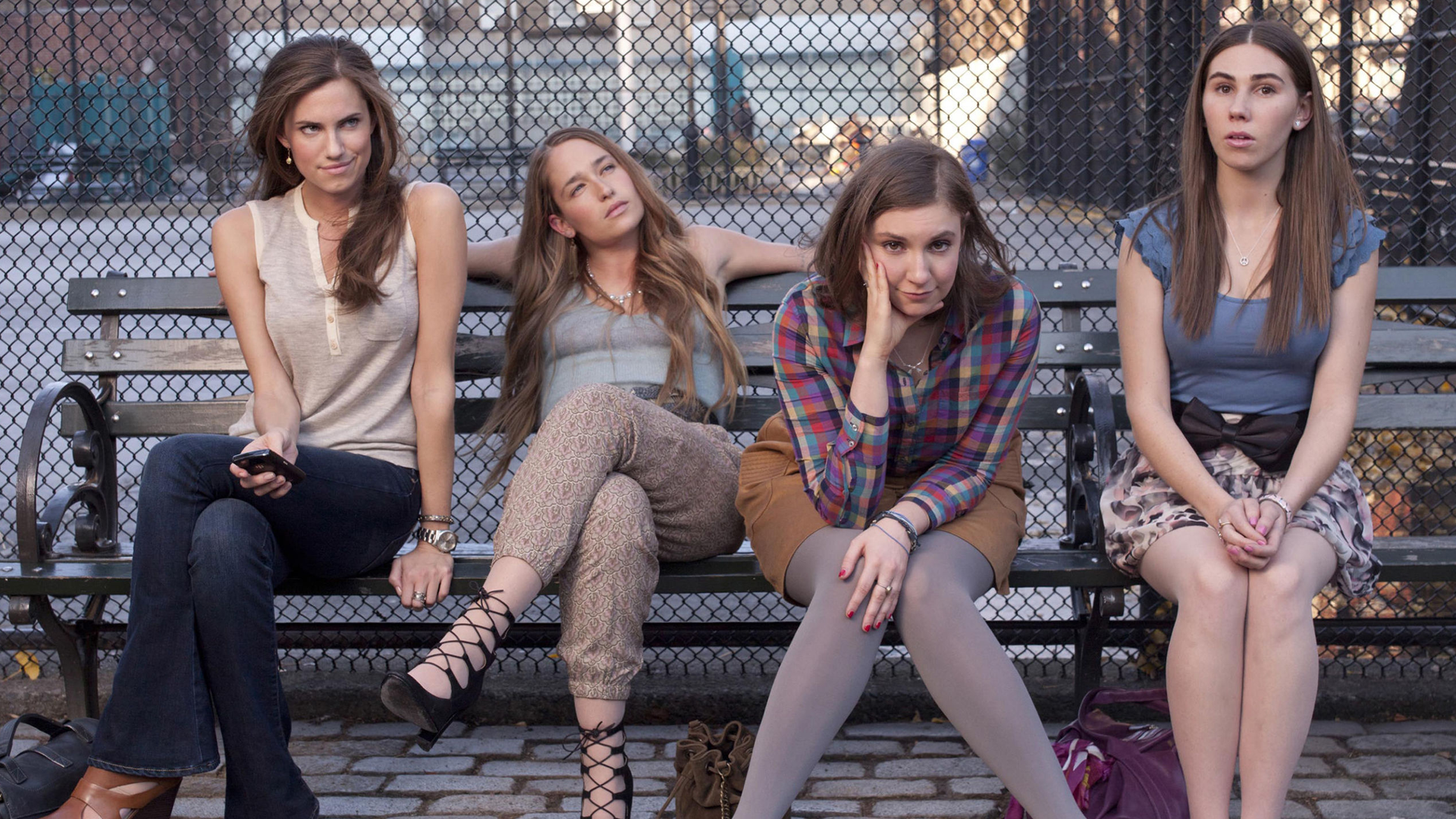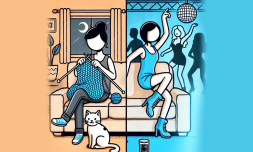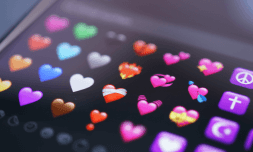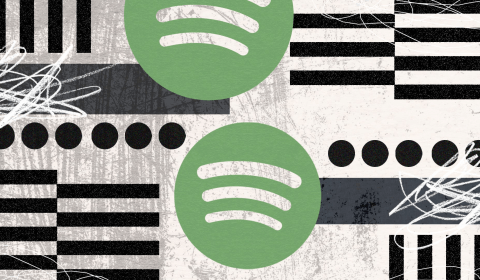As the cyclical conveyer belt of internet trends could have predicted, Gen Z are now obsessed with the generation they fought so hard to shun. But as romanticised images of the early 2010s crop up on social media, is there any truth to these rose-tinted glasses?
Gen Z has gleefully mocked millennial culture for the past decade, transforming social media into a slightly terrifying space for anyone over the age of thirty. No victim of the buzzfeed quiz-era has been safe from potential jibes, giving rise to the term ‘cheugy’ – coined to describe a niche and distinctly millennial brand of cringe.
As Tiktok began to dominate the internet landscape, Gen Z claimed the video app as their own and further ostracised the millennial from social media culture.
This shift has since led to an overwhelming push towards Gen Z audiences in almost all forms of brand marketing. Trends that once dominated the 2010s, like pumpkin spice lattes and Girls-era humour, have not only fizzled out but been down-right vilified across mainstream pop culture.
But just as quickly as Gen Z have banished all traces of millennial culture from the internet, so too have they burned through their own trends. The rate with which new fashion statements, must-have products, and beauty treatments explode and then die has become a mainstay of social media – and brands have struggled to keep up.
So it comes as no surprise that Gen Z is now pivoting on their long-held stance against the ‘older generation’. And with a sense of disillusionment toward the current socio-political climate mounting, young people are romanticising the very era they fought so hard to distance themselves from. That’s right, millennials – or at least the millennial culture that defined the early 2010s – are back in a big way.
This latest hyperfixation on a time when VICE dominated the editorial landscape and Lena Dunham was the artist du jour, is a unique wave of millennial nostalgia that forces us to look back on a time in the very recent past as though it happened hundreds of years ago. Such is the speed with which we consume culture. But why is Gen Z suddenly able to gaze at its predecessors with fresh eyes? What’s changed?
From the rise of ‘girlboss’ feminism to the ubiquity of millennial pink, the early 2010s became shorthand for trying ‘too hard’. But once mocked, it’s this very sense of chasing success with an almost naive positivity that may explain Gen Z’s newfound love for the era.
Ione Gamble points out that younger generations view this as a period when fame and success felt easier to attain. The advent of social media seemed to open the floodgates for influencers, virality, and internet celebrity at a time when the digital space was integrating with both our everyday lives and careers in a substantial way.
Compared to today’s algorithm-driven content grind, which has birthed thousands of social-media marketing agencies and a highly saturated influencer culture, that period feels oddly carefree – on the precipice of exciting change.
Of course, hindsight always allows us to yearn for a former unknown. The sense of dread we currently feel heading into the era of AI, for example, certainly doesn’t feel optimistic – but I don’t doubt we’ll look back on it with a fond nostalgia in fifteen years’ time.


















